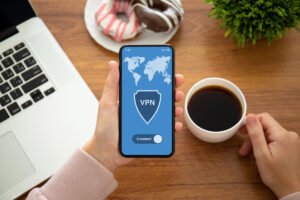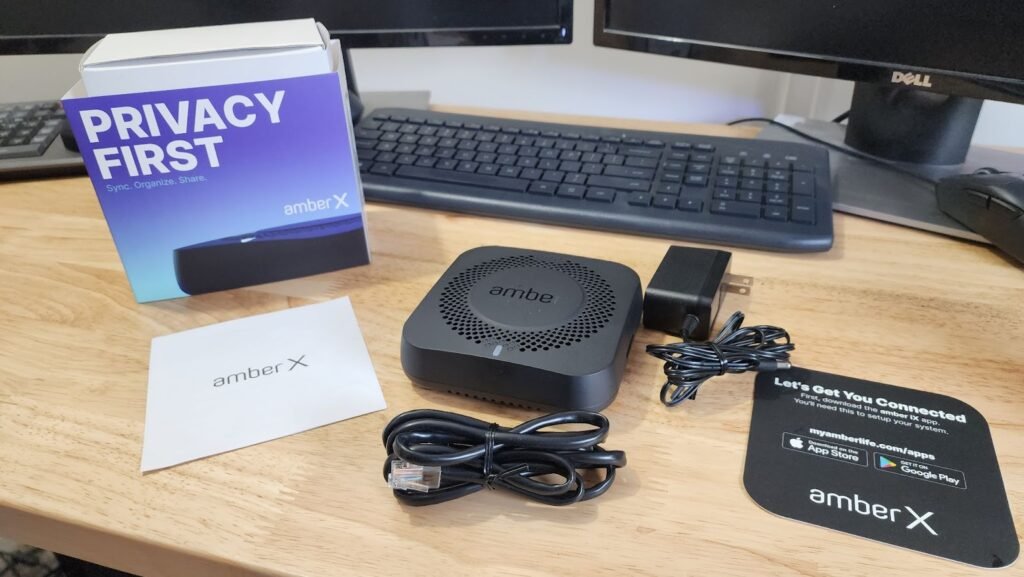When it comes to creating passwords, many of us just aim to make them strong enough and unique enough without much thought to other security measures. And some of us just have one password we use for all of our accounts. Let’s be real, that’s not the best practice in internet security. You do have an obligation to your own digital citizenship and to be smart when it comes to creating passwords. There are a few things you can do to make your passwords even more secure and I want to dish on some easy ways to do this. One of the most significant issues in the digital world is weak passwords. Sadly enough, passwords are like our last line of defense against hackers attempting to access our personal information. Most users are unaware of the importance of the strength of passwords. And because of this, we make it too easy for hackers to invade our personal digital spaces.
Ways To Make Passwords Strong
We all know that we need to create strong passwords for our online accounts, but sometimes it can be hard to come up with something that is both unique (at least unique enough not to be hacked) and easy to remember. With how many times we’re asked to create a new online account for this service and that app, it’s no wonder we get lazy with password creation. Here are some tips for creating passwords that will keep your information safe.
Password Tip #1: Make it Long
Hackers try every possible way to invade once they have fixed their gaze on an account (or service). The first thing they want to do is guess your password. This step is done by taking help from all the data they have collected about you. You’d be shocked how much personal information of yours is on the internet widely available to the public. Do I like that? No. But that’s a debate and an issue for another day.
One clever tactic they use is something called Brute Force Attack. Each password is nothing but a combination of letters, symbols, and numbers. Brute Force Attack is a type of hacking where a hacker uses a “brute force”, or an automated trial and error method, to discover the password or key to a system. Hackers use brute force attacks when they don’t have any other way to access the system or if they want to take over a large number of accounts quickly. A brute force attack can be very time-consuming and expensive for hackers, so most of them only use this method as a last resort. However, brute force attacks can be very successful and lucrative, especially if the hacker has access to a large amount of computing power.
DISCOVER: Best Password Managers
For this method to be successful for hackers though, a computer program tries every single combination possible. The shorter your password, the easier it is for the program to find it. So, make sure to make your passwords as long as possible.
Password Tip #2: Make it Nonsense
Your password should be long but being long is not enough. Make it so nonsensical that it means nothing in the world at all. You might be thinking, “What’s that going to do?” Quite a lot.
A few years ago, online data breaching and illegal account invasion got the limelight on social media platforms. It’s one reason why 2FA really picked up steam.
RELATED: Two Factor Authentication: Do I Really Need It?
I remember watching a few YouTube channels doing pranks on people for the sake of both entertainment and awareness. They would go to random people in public and ask them a few questions about their passwords. Most of the people disclosed their passwords by answering a few questions. And these YouTubers were able to easily hack them. Why? It’s because most of us make passwords out of special memories, events, dates, and things like that.
My favorite password principle: No Normal Words! For example, I’ve created a personal (and effective) way to make hard-to-crack passwords. It’s easy to remember, yet hard to crack. Use the syntax of the internet as part of your password. Don’t use “jokersucks”, but something like “WWW.j0k3r$uck$.c0m!”.
Password Tip #3: Do Not Renew Every Time
We are flooded with passwords. There comes a point in our lives where it is physically and mentally impossible to remember every single password because the number of accounts you hold is many. So what most people do is come up with one password and recycle it whenever they need a new one. From their point of view, it reduces the probability of losing a password. They’re trying to make it easy on themselves. I get it. But from a security perspective, it’s probably the dumbest thing you could do.
LEARN: VPNs: What Are Their Benefits?
Why? It significantly increases the chance of getting all their accounts hacked after having only one getting hacked. If you find it challenging to manage all passwords, use a good password manager like LastPass. It will help you in today’s digital world of massive vulnerability.
Should I Use A Password Manager?
We’ve gone into quite a bit of detail about the essential use of having a password manager. When you figure most people have at least 50 online accounts, it’s a smart idea to use a password manager. In my opinion, LastPass is the best password manager I’ve ever used. It has everything that you need in one place: easy access, encryption, and security tools like two-factor authentication or secure sharing with family members and colleagues.
>>Get LastPass Password Manager Here<<
Password Tip #4: Always use MFA
MFA is an abbreviation of Multi-Factor Authentication. It involves not just typing in your password but proving it for the second time by Google Authentication or some other way. Hackers cannot invade your account when it requires two-factor authentication.
The Bottom Line!
A study was conducted on the passwords of users. The results showed that most users use the simplest passwords, with 111111, QWERTY, 123456, and abc123 being the most commonly used ones. In fact, it is estimated that 24% of Americans have used words like “password” in their passwords! Don’t be that person, please. Make your password long and nonsense for absolute security. And just practice common sense digital governance.








